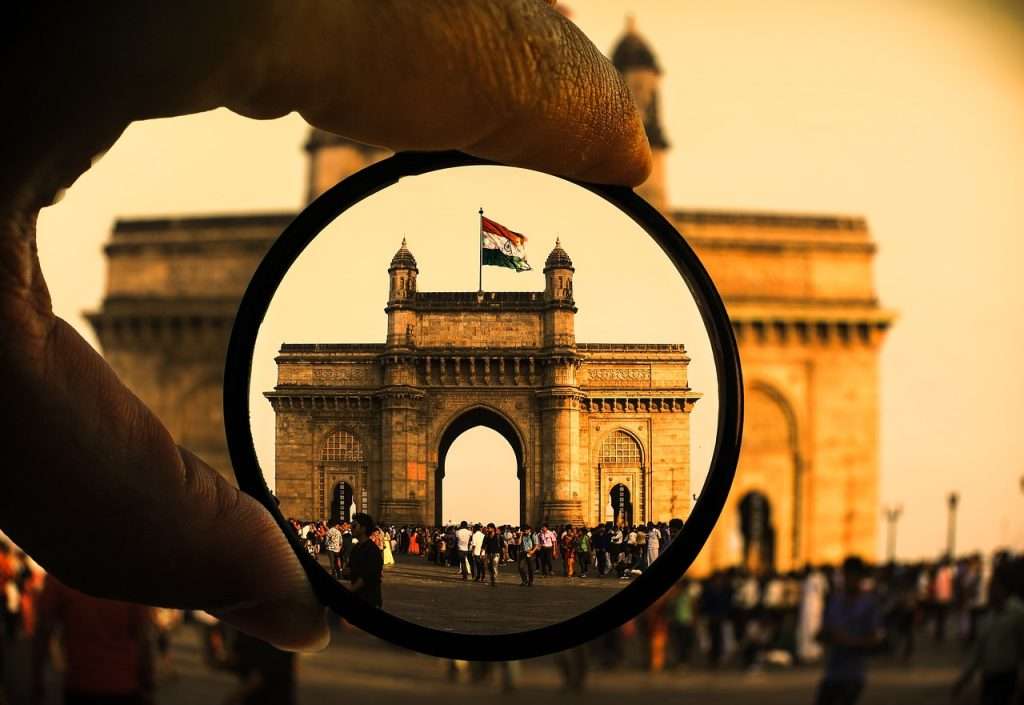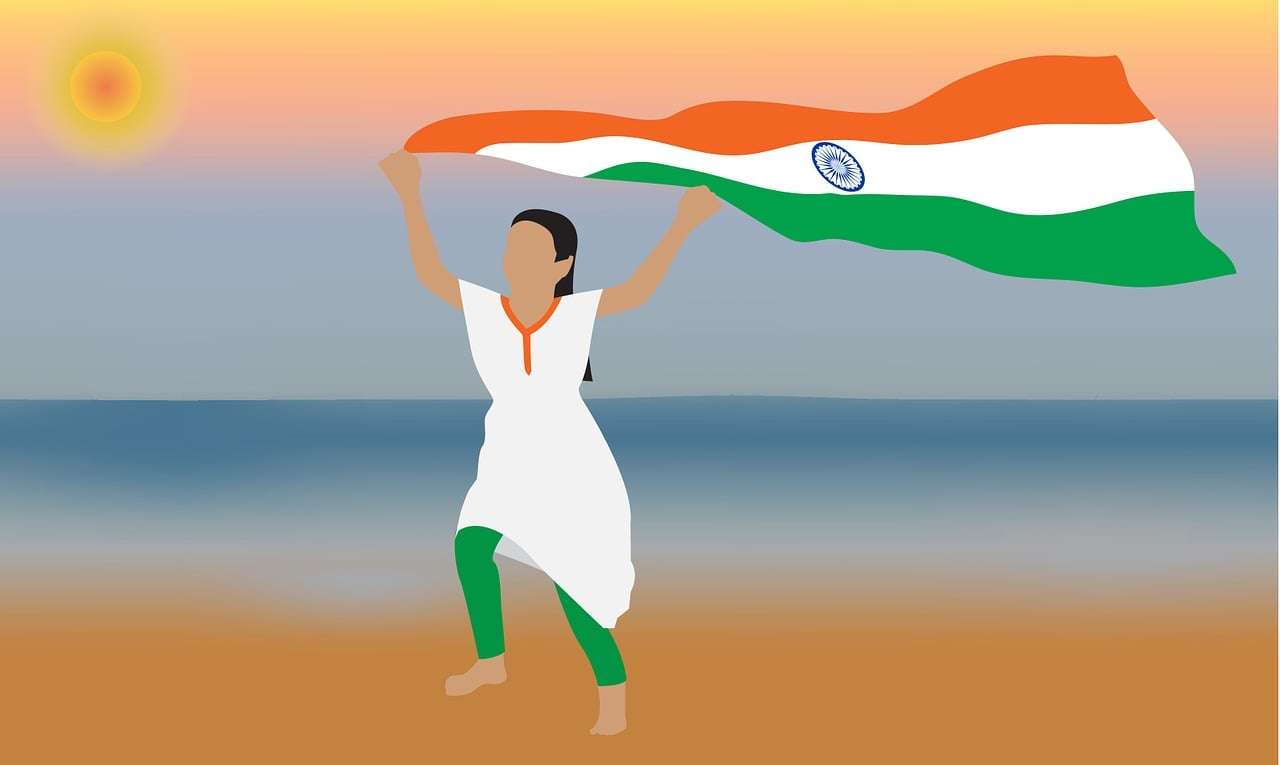Image Credit Pixabay
Republic Day is the day on which the Republic of India commemorates and celebrates the 26th of January, 1950, when the Indian Constitution went into effect. This superseded the Government of India Act 1935 as India's governing document, transforming the nation from a dominion to a republic independent of the British Raj.
Why 26 January is Celebrated as Republic Day?
The constitution, ratified on January 26, 1950, set the groundwork for the country's governance and signalled the beginning of the Republic of India. This date was chosen on purpose to link the celebration with the historical significance of the 'Purna Swaraj' Declaration.
Republic Day in India is a national holiday that commemorates the day on which the Constitution of India came into effect. It is celebrated annually on January 26th. The significance of this day lies in the fact that it marks the transition of India from a British Dominion to a sovereign republic.
Key features of Republic Day celebrations in India include:
- Parade in New Delhi: The main Republic Day celebration takes place in the capital city, New Delhi. The highlight is a grand parade held at Rajpath, which showcases the diversity and cultural heritage of India. The parade includes military displays, cultural events, and a march-past by various contingents.
- Flag Hoisting: The President of India hoists the national flag at the Rashtrapati Bhavan (Presidential Palace) in New Delhi. This is followed by the singing of the national anthem.
- Guest of Honor: Republic Day celebrations often have a chief guest, who is usually the head of state or government of another country. The invitation to a foreign dignitary as the chief guest symbolizes India's diplomatic relations and strategic partnerships.
- Ceremonial Salute: A 21-gun salute is given as a mark of respect to the Indian Republic.
- Cultural Programs: The parade includes colorful and vibrant cultural performances by different states and regions of India, showcasing traditional dances, music, and art forms.
- Awards and Decorations: The President of India confers civilian and military awards, such as the Padma Bhushan, Padma Vibhushan, and Param Vir Chakra, to individuals who have made significant contributions to the nation.
Republic Day is a patriotic occasion that celebrates the ideals of justice, liberty, equality, and fraternity as enshrined in the Indian Constitution. It serves as a reminder of India's journey towards becoming a sovereign republic and emphasizes the importance of democratic values and principles in the country.

Indian culture is rich, diverse, and characterized by a blend of various customs, traditions, and rituals that have evolved over thousands of years. It is one of the oldest cultures in the world and has been shaped by the country's long history, diverse geography, and the coexistence of numerous ethnic, linguistic, and religious groups. Here are some key aspects of Indian culture:
- Religious Diversity: India is known for its religious pluralism, with major religions such as Hinduism, Islam, Christianity, Sikhism, Buddhism, and Jainism having a significant presence. Each religion has its own set of rituals, festivals, and traditions.
- Festivals: India is famous for its colorful and vibrant festivals celebrated throughout the year. Diwali (Festival of Lights), Holi (Festival of Colors), Eid, Christmas, Navratri, Durga Puja, and many others are celebrated with enthusiasm and fervor.
- Traditional Clothing: The attire varies across regions, but traditional clothing includes sarees for women and dhotis or kurta-pajamas for men. In urban areas, Western-style clothing is also common.
- Cuisine: Indian cuisine is diverse and known for its rich flavors and use of various spices. Each region has its own specialty dishes. Common elements include rice, lentils, vegetables, and a variety of spices.
- Art and Architecture: India has a rich heritage of art and architecture, with ancient monuments like the Taj Mahal, Qutub Minar, and ancient temples reflecting the country's historical and cultural significance. Various forms of traditional art, such as Bharatanatyam (classical dance), Kathak (another classical dance form), and classical music, are also integral to Indian culture.
- Languages: India is a linguistically diverse country with numerous languages and dialects spoken across its regions. Hindi and English are the official languages, but each state may have its own official language.
- Family Structure: Indian society traditionally places a strong emphasis on family values. Extended families often live together, and respect for elders is considered important.
- Ayurveda and Yoga: India is the birthplace of Ayurveda, an ancient system of medicine, and yoga, a holistic approach to physical and mental well-being. Both have gained global recognition for their health benefits.
- Cultural Festivals: India hosts various cultural festivals, including literary festivals, film festivals, and music festivals, bringing together artists, writers, filmmakers, and performers from around the world.
- Unity in Diversity: Despite the diversity in languages, religions, and traditions, the concept of "unity in diversity" is central to the Indian ethos, emphasizing the idea that despite differences, there is a shared identity as Indians.
Indian culture continues to evolve, and contemporary India is a dynamic blend of traditional values and modern influences. The cultural richness of the country is a source of pride for its people and contributes to its global cultural significance.
News, Health, Travel & Entertainment Telegram Channel Click to Join Infimor
KK
